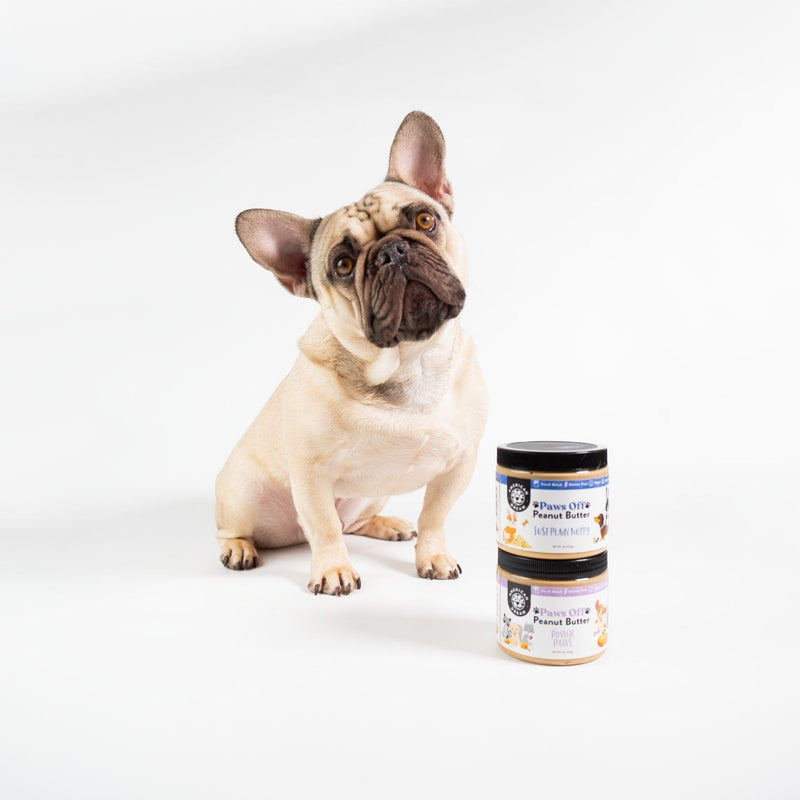What to Do When Your Kid Has a Nut Allergy
Tree nut and peanut allergies affect about 3 million people in the United States. While the severity of reactions may vary, allergic reactions to peanuts or other nuts can be a serious health concern.
As a parent, what are you supposed to do when you learn about food sensitivities in children? It is important to learn more about the next steps to take when your child is allergic to peanuts or allergic to tree nuts.
Do you want to learn more about what to do when your child has a nut allergy? Keep reading this article for the next steps you need to take!
Meet With an Allergist
The first thing you need to do when your child has a nut allergy is meet with an allergist. This is especially helpful if you are not completely sure that your child is allergic to nuts, as your allergist can conduct allergy tests.
This will also allow you to confirm the exact cause of reactions. While your child may be allergic to peanuts, they might be able to eat other types of nuts. For example, if your child isn't allergic to cashews, you may be able to switch out their peanut butter for cashew butter.
An allergist can also measure your child's sensitivity to nuts to see how serious their allergies are.
Finally, when you meet with an allergist, they can provide you with helpful advice about your child's diet and safety needs to prevent unnecessary reactions. This consultation with an allergist will provide you with peace of mind and the knowledge you need to keep your child safe with a nut allergy.
Ask About Treatment Options
When you meet with an allergist, you can also discuss the potential treatment options for your child's nut allergy. One of the most common treatments is known as oral immunotherapy treatment, also known as OTI.
During this treatment, you will desensitize your child's immune system through the small consumption of peanut proteins. This treatment can take anywhere from six months to a year, and will gradually increase your child's tolerance to the peanut allergen.
Even if they are still allergic to nuts, this treatment will reduce the risk of your child having a serious allergic reaction. By learning more about the top treatments for nut allergies, you can find the best ways to help your child.
Recognize Symptoms of Exposure
When your child is allergic to peanuts or other tree nuts, you must learn to recognize the symptoms of exposure. This is essential, as you may not know exactly what your child is eating.
For example, your child may go to a friend's house and eat a snack that has nuts in it. Even if you are very careful with what you feed your child, there are still ways that they can be exposed to their allergens.
Typically, a food allergic reaction will happen within two hours after exposure. The more serious reactions will often happen immediately or within a few minutes after exposure.
Some of the most common signs and symptoms of nut allergy exposure are itching, coughing, sneezing, and even anaphylaxis, which leads to difficulty breathing and drops in blood pressure.
By recognizing the symptoms of nut exposure, you can better protect your child and avoid more serious reactions.
Carry an EpiPen
If your child has a serious nut allergy, they may need to carry an EpiPen, also known as an epinephrine auto-injector. This is only to be used in case of emergencies and can prevent cardiac arrest and other serious reactions when your child is exposed to nuts.
You also need to get a prescription for an EpiPen, which your allergist can provide for you. They will teach you how to use it and how to care for the EpiPen.
It is also important to note that EpiPens have an expiration date. They only last about 18 months, so it is safest to use them before it expires and replace them when necessary.
When dealing with a serious nut allergy, your child must always carry an EpiPen because you never know when you might deal with an allergic reaction.
Learn How to Care For Your Child
When you are learning to care for your child, it is important that you know how severe your child's reaction is.
For example, a mild reaction is not as serious and doesn't require the use of an EpiPen. Instead, you can give your child an over-the-counter antihistamine, like Benadryl. These antihistamines block a substance that your body makes during an allergic reaction, known as histamine.
It will help dry your child's runny nose and watery eyes. However, it is not sufficient to treat serious symptoms, like anaphylaxis.
For a severe reaction, including anaphylaxis, you must administer an epinephrine shot to your child to prevent cardiac arrest, swelling, and more. You must also call for emergency help.
By learning the difference between these types of reactions, you will give your child the proper care and can prevent their allergic reactions from worsening.
Talk With Your Child
Communication with your child is another one of the most important steps you can take when you find out they have a nut allergy. If your child doesn't understand their own nut allergy, they will have a much more difficult time preventing reactions.
For example, children often share food with their friends when they are at school or when they have a play date. They are generally unaware of what ingredients are in the foods they are eating, so there is a chance that they will be exposed to peanut traces.
By talking with your child, they will understand their condition and will know how to prevent allergic reactions.
Meet With Your Child's School
As soon as you find out your child has a nut allergy, you should also meet with your child's school. While most schools understand how to deal with these types of allergies and have preventative measures in place, you still need to tell them about your child's nut allergy.
This way, their teachers can be trained to use an EpiPen and can learn to recognize the signs of an allergic reaction in your child. They will also be prepared in an emergency situation!
You should also learn more about the ways that your child's school handles food allergies. For example, they may provide supervision whenever students are eating. They may also implement rules that prohibit students from trading or sharing food.
Another common preventative measure includes a nut allergy table in the cafeteria. This prevents food contamination and exposure to allergens that may occur when sitting next to students eating peanut butter or other types of nuts.
Learn How to Prevent Reactions
Finally, you must learn how to prevent future reactions if your child has a peanut or tree nut allergy.
First and foremost, you need to avoid the foods that cause reactions in your child. If your child has a peanut allergy, you may need to avoid peanut butter altogether or find alternatives to peanut butter, like almond butter, to use instead.
You should also be cautious when you are cooking to prevent cross-contamination. If you are using a utensil or cookware with peanut butter, make sure you don't use these same utensils when preparing food for your child with a peanut allergy.
Another important tip is to encourage your child to wear a medical alert bracelet. This will list their allergies and will keep them safe, even when you are not around them.
Finally, you can prevent many future reactions by establishing open communication with your child and those around them! Make sure you speak with the parents of their friends, their teachers, and anyone else who might give your child a snack.
Tell them about your child's allergies and how to recognize the signs of an allergic reaction. You can also teach them what foods they should avoid giving your child. To be safe, it is best to have your child avoid any foods if they don't know how they were prepared or what ingredients they use.
This open communication can protect your child and prevent many unnecessary food allergy reactions.
Dealing With a Nut Allergy?
Food allergies in children can be serious, especially if they don't understand how to prevent reactions. When your child is diagnosed with a nut allergy, you must take preventative steps to protect their health.
By following these tips, you can have peace of mind about your child's allergies. Do you want to learn more about how to deal with a nut allergy? American Dream can help! Our team provides alternatives to peanut butter that make it easy to substitute and prevent reactions.
Contact us today to learn about our products and to find great recipes!
 All Nut Butters
All Nut Butters
 Highest Protein
Highest Protein
 Butter Bundles
Butter Bundles
 Indulgent Butters
Indulgent Butters
 Sample Sizes
Sample Sizes
 On-The-Go Packs!
On-The-Go Packs!
 Retiring Soon!
Retiring Soon!
 Paws Off
Paws Off
 Nutrition
Nutrition
 Merch
Merch
 Gifting
Gifting
 Lucky You
Lucky You

